There are tons of girls in South Korea who have a completely different routine depending on the time of day. A basic Korean skin care routine – which consists of a minimum of 5 or 6 products – may be indicated for day or night use, depending on several factors. The first and most important is that there are products that shouldn’t be exposed to sunlight. We’re talking about photosensitive and photosensitizing ingredients, and it’s important to know the difference.
Photosensitive: what does it mean?
A photosensitive ingredient is one that oxidises, deteriorates, loses properties or becomes damaged when it comes into contact with sunlight. It’s sensitive to light. This doesn’t mean that the product will have any negative effects. It simply means that the product changes when it comes into contact with the sun. Its colour, texture or fragrance could change or it may lose some of its properties. Vitamin C is photosensitive, and although you might have read that it can only be used at night, if the product was formulated correctly, you can use it in both routines: it neutralises free radicals and prevents photoaging. The Freshly Juiced Vitamin C Serum by Klairs is one example: the product is clear, but if you leave the bottle in the sunlight, the colour of the liquid will change to an orange shade.
Then what is photosensitizing?
A photosensitizing substance is one that provokes an exaggerated response with negative consequences for your skin when it comes into contact with solar radiation. Examples are allergies, sunspots, blisters, vesicles, rashes or even burns. They’re also known as phototoxic ingredients and it’s very important to identify them as only appropriate for a nighttime routine.
- Phototoxic essential oils: bergamot, cumin, ginger, lemon, lime, mandarin, orange and verbena are some of the most common.
- Perfumes in general are photosensitizing. Avoid using them if you’re going to be in the sun for a long period of time.
- Some dyes can be phototoxic. If your favourite products contain rose Bengal or Eosin, use them only at night or with high-factor sunscreen.
- There are many prescription drugs you could be taking that are photosensitizing. At MiiN, we always recommend that you consult your doctor or pharmacist. For example, some prescription treatments for acne (because of the isotretinoin) or retinoic acid, as well as antibiotics, oral contraceptives and many other prescription drugs could be phototoxic.
AHA and BHA acids: can I use them if I’m going to be in the sun?
Let’s talk about all the acids in beauty products. You can use hyaluronic acid both in the morning and at night, whether or not you’re going to be in the sun. Just remember this: it’s important that you always use sunscreen in your daily skincare routine – always!
Both AHA acids (glycolic, lactic, citric, malic and mandelic) as well as BHA acids (salicylic) are neither photosensitive nor photosensitizing. But that doesn’t mean that you can use them in the sun without thinking about anything else. These acids work to reduce the dead skin cells in your skin’s corneal layer, which also happens to be one of our natural protectors against solar radiation. Using a product with AHAs or BHAs and being in the sun won’t make the product irritate your skin, but it will make your skin much more vulnerable to UVB and UVA rays. This means that if you use acids without properly protecting your skin, you’ll burn more easily. The exact same thing happens with retinol. The safest solution is to use retinol as well as AHA and BHA acids at night.
How do I know if it’s better to use a product in the morning or at night?
It’s easy. You only have to check the ingredient list, and if you see one of the photosensitizing substances we mentioned above, just use the product for your nighttime routine. One tip: in general, every product that contains any kind of sunscreen is usually designed for daytime use, from cushions to BB creams to moisturisers with SPF. Still have questions about the photosensitivity that your products could cause? If you want to use them during the daytime, just make sure you apply a good layer of sunscreen and reapply it according to the recommended time.

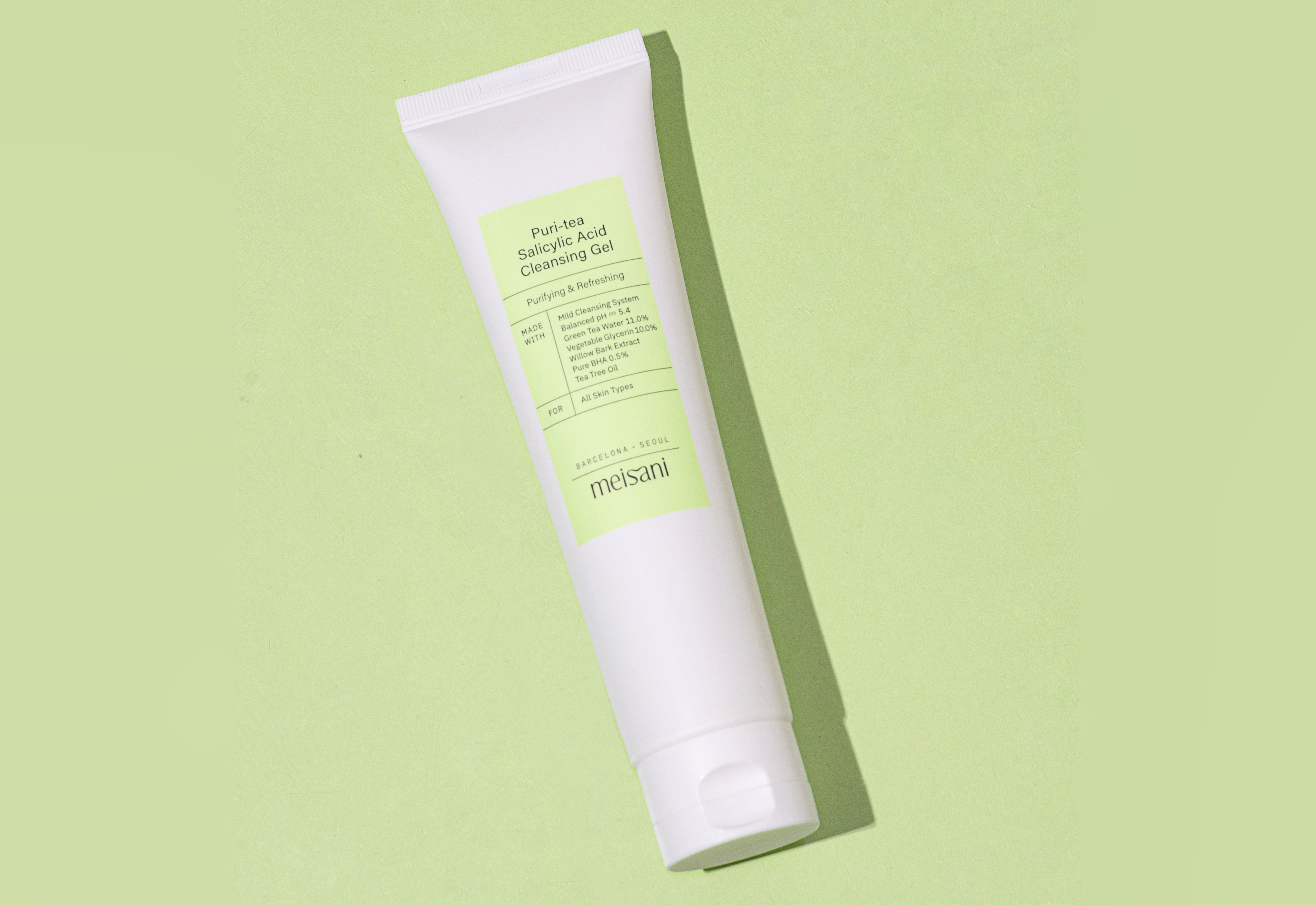
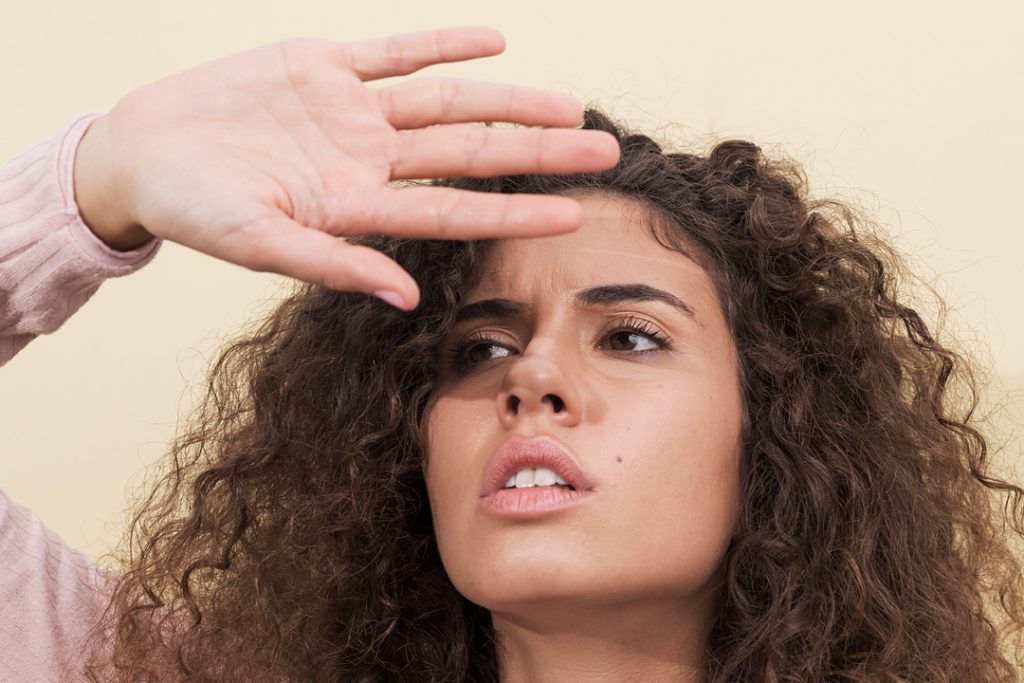
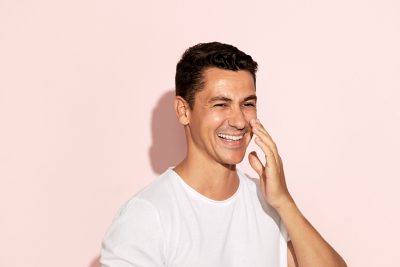
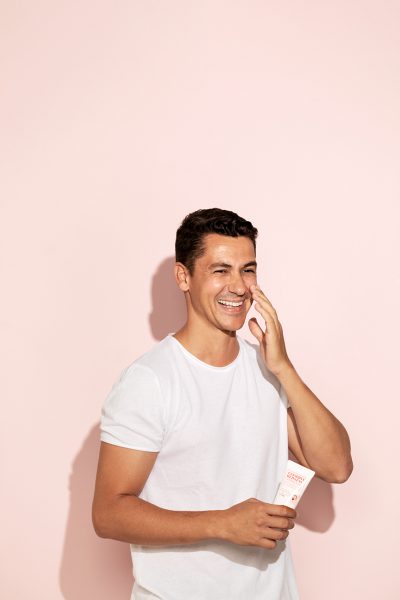
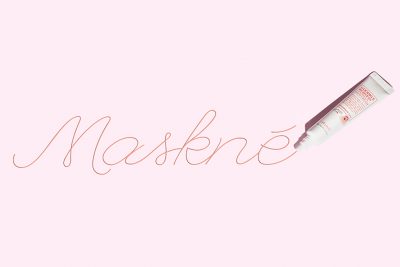
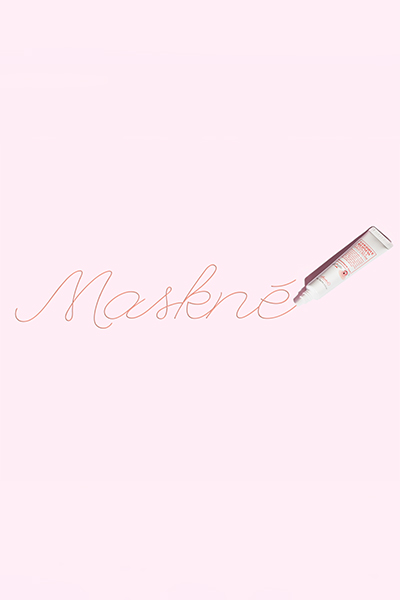
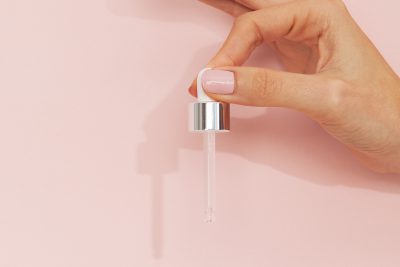
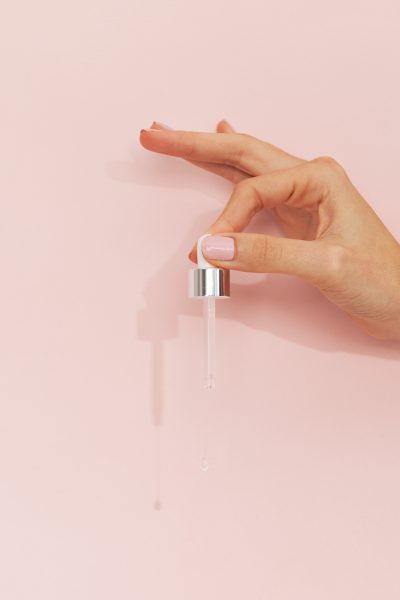
Comments